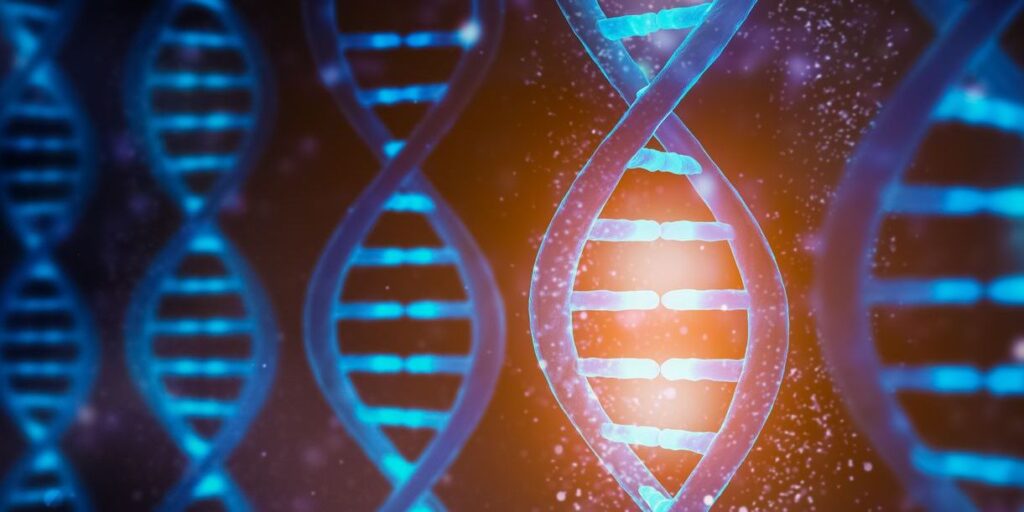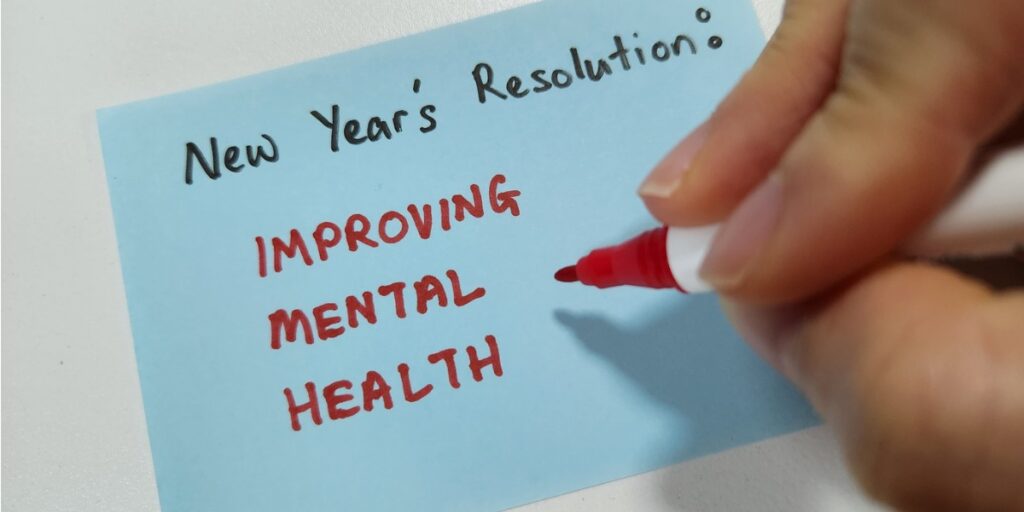Bipolar disorder is a deeply misunderstood mood disorder. It has been known to be misdiagnosed or missed altogether as there is a high likelihood of co-occurring conditions and addiction. This is a mental illness that can have serious effects on the lives of those living with it and those around them. It is commonly understood that bipolar disorder’s primary symptom presents as changes in mood. Still, the primary misunderstandings about the illness revolve around how these changes may present themselves, as well as how often they may occur.
This disorder typically presents itself during late adolescence and early adulthood. In some cases, symptoms may appear in children. Although symptoms vary over time, this disorder typically requires lifetime treatment.
Symptoms of Bipolar Disorder
Bipolar disorder presents with periods of extreme sadness and lethargy, periods of normality, and periods of extreme hyperactivity, happiness, and recklessness. These periods are referred to as “mood episodes.” These mood changes may be triggered by any number of causes and, according to the National Institute of Mental Health, may last most of the day, every day over days or weeks.
Some symptoms of manic episodes include:
- Feeling highly elated, excitable, and happy
- Feeling irritable or touchy
- A decreased need for sleep
- Loss of appetite
- Rapid-fire speech over many topics in one conversation
- Racing thoughts
- Feeling invincible, engaging in risky behavior that shows poor judgment
- Inflated sense of self: feeling unusually important, talented, or powerful
The depressive episodes of bipolar disorder present with symptoms that are similar to major depression. Some of the symptoms you may see include:
- Feelings of sadness, worthlessness, or emptiness
- Feeling slowed down
- Problems with sleep
- Troubles with concentration or making decisions
- Feeling unable to do even simple tasks
- Loss of interest in favorite activities
- Thoughts of death or suicide
It is not uncommon for people to experience both manic and depressive symptoms in the same episode. This is called an episode with mixed features. A person may feel simultaneously energized, restless and irritable, as well as feeling sad, empty, or hopeless.
Types of Bipolar Disorder
There are currently three known types of bipolar disorder that present with slightly different symptoms. While all three show clear changes in mood and energy, the time and severity change depending on what symptoms are being experienced.
- Bipolar I disorder: This disorder is defined by manic episodes that last at least seven days or by symptoms that are so severe they require hospital care. Depressive episodes will also occur, lasting for at least two weeks. Episodes of mixed emotions are also possible.
- Bipolar II disorder: This disorder is characterized by a pattern of depressive episodes and hypomania. Hypomania is a manic episode that is significantly less severe than that which is experienced by those with bipolar I.
- Cyclothymic disorder (cyclothymia): These hypomanic and depressive symptoms may last for years. The symptoms in these cases may not meet the diagnostic requirements for a hypomanic episode and depressive episode.
Frequently Co-Occurring Conditions
It is not uncommon for bipolar disorder to have co-occurring conditions. These co-occurring conditions can severely complicate the diagnostic and treatment process. Some common co-occurring disorders may include:
- Psychosis: The patient may find that they believe they are famous, have a lot of money, or even have special powers. A patient experiencing psychosis during depression may feel as though they are in a hopeless situation, such as having no money, having committed a serious crime, or having some unrecognized serious illness.
- Anxiety: There are multiple ways in which anxiety can co-occur with bipolar disorder. Panic disorder, obsessive-compulsive disorder (OCD), and post-traumatic stress disorder (PTSD) are all examples of anxiety disorders that may co-occur with bipolar disorder. This may complicate the accuracy of diagnosis and treatment.
- Attention-deficit/hyperactivity disorder (ADHD): ADHD on its own may result in difficulties with mood regulation, often resulting in a misdiagnosis that may go both ways. It is not unheard of for someone to be experiencing both bipolar disorder and ADHD. This may present as someone who experiences the normal symptoms of ADHD but, in addition to this, experiences debilitating depressive episodes and weeks of consistent agitation and lack of sleep.
- Alcohol or drug abuse: Many people experience addiction in the form of self-medicating. This is an attempt to numb the painful symptoms of an emotional disorder. The unfortunate side effect is that drug or alcohol abuse often worsens the symptoms.
- Eating disorders: These disorders are associated with severe disturbances in people’s eating habits, and these habits are tied to thoughts and emotions. Preoccupation with food, body weight, and shape may also be symptoms.
When Is It Time to Seek Help?
Bipolar disorder can be devastating to both the client and their families. Medicinal treatment is often required to stabilize mood fluctuations due to the severe impact both manic and depressive episodes may have on the client’s life. If you recognize a pattern in your life that is similar to periods of mania/hypomania and depression, and if that pattern is severely disrupting your life and relationships, it is recommended that you reach out to a medical professional to seek help. Only a medical professional can accurately diagnose bipolar disorder due to some of the overlapping symptoms it shares with other common mood and personality disorders.
Here at Crownview Co-Occurring institute, we have dedicated ourselves to accurate diagnostic procedures and treatments that are designed to do more than mitigate symptoms. Our well-trained clinical and medical staff provide medical, psychological, and integrative therapies, medicinal help, and life-training skills. It is our goal to effectively treat the core issues that cause the life-disrupting mood episodes caused by bipolar disorder. If you or a loved one is struggling with severe depressive symptoms and would like more information about our programs, call us at (855) 616-1095.



 Kimberly Gilkey, RADT-1
Kimberly Gilkey, RADT-1 Timothy Wieland
Timothy Wieland David Abram
David Abram Mark Melden, DO/DABPN
Mark Melden, DO/DABPN Jeffrey Klein
Jeffrey Klein Nathan Kuemmerle, MD
Nathan Kuemmerle, MD Laura Hopper, Ph.D.
Laura Hopper, Ph.D. Rebecca McKnight, PsyD
Rebecca McKnight, PsyD Milena Dun, PhD
Milena Dun, PhD Brieana Turner, MA, LMFT
Brieana Turner, MA, LMFT Brittany Perkins, MA, LMFT
Brittany Perkins, MA, LMFT Joanne Talbot-Miller, M.A., LMFT
Joanne Talbot-Miller, M.A., LMFT Alexis Weintraub, PsyD
Alexis Weintraub, PsyD Kathleen McCarrick, MSW, LSW
Kathleen McCarrick, MSW, LSW Christina Lam, N.P.
Christina Lam, N.P. John P. Flores, SUDCC-IV-CS, CADC II
John P. Flores, SUDCC-IV-CS, CADC II David Dalton, Facility Operations Director
David Dalton, Facility Operations Director Amy Thompson
Amy Thompson Kelly Schwarzer
Kelly Schwarzer Jovanna Wiggins
Jovanna Wiggins Alexandria Avalos, MSW, ACSW
Alexandria Avalos, MSW, ACSW Michelle Ertel
Michelle Ertel Emily Skillings
Emily Skillings Amanda Irrgang, Registered Dietitian Nutritionist (RDN)
Amanda Irrgang, Registered Dietitian Nutritionist (RDN) Gianna Melendez
Gianna Melendez Jodie Dahl, CpHT
Jodie Dahl, CpHT Jordan Granata, PsyD
Jordan Granata, PsyD